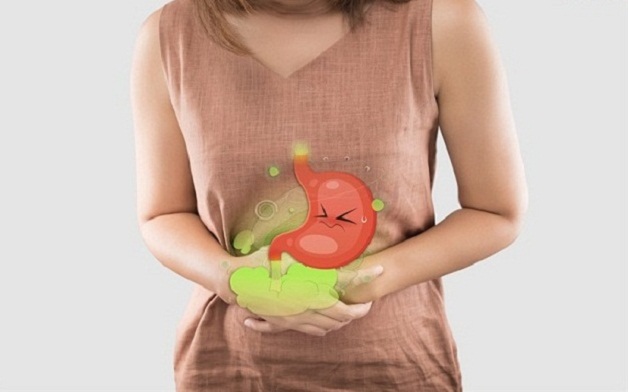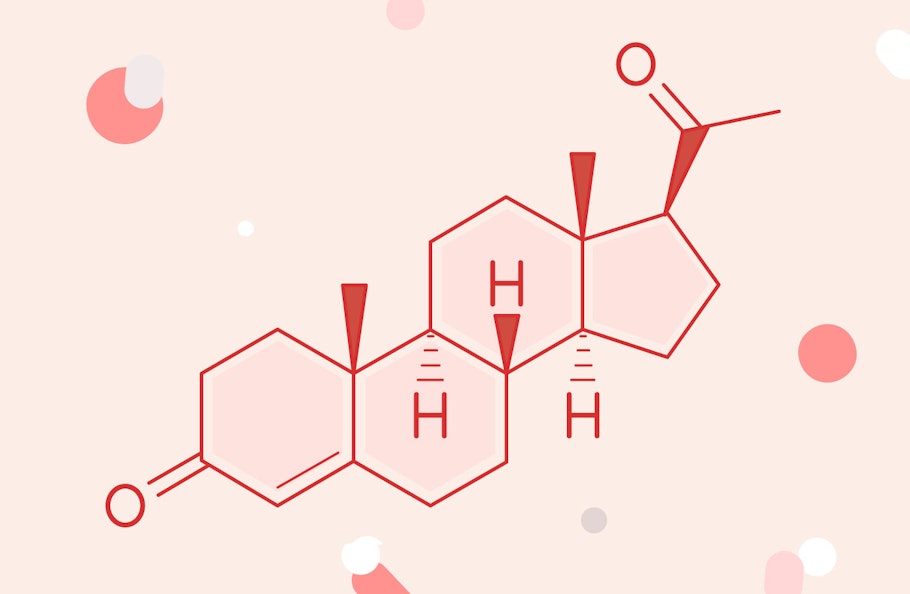
Female Hormones
Female Hormones
Female Hormones and Their Role in Regulating Menstrual Cycles
The female endocrine system plays a crucial role in maintaining a regular menstrual cycle and overall health. In this article, we will explore how female hormones function, factors that affect the menstrual cycle, and effective methods for menstrual regulation.
How Female Hormones Work
Female hormones primarily include estrogen and progesterone, which are produced by the ovaries, pituitary gland, and adrenal glands.
- Estrogen: Plays a key role in the development and maintenance of female reproductive characteristics and the menstrual cycle. Estrogen helps thicken the uterine lining in preparation for embryo implantation and regulates ovulation.
- Progesterone: Mainly produced during the luteal phase of the menstrual cycle. Progesterone helps thicken the uterine lining and keeps it ready for embryo implantation. If pregnancy does not occur, progesterone levels drop, leading to the shedding of the uterine lining and the start of a new menstrual cycle.

Signs of Hormonal Imbalance and Its Effects
Menstrual Cycle Disorders
- Irregular periods, too short or too long.
- Missed periods or excessive bleeding.
Unexplained Weight Changes
- Sudden weight gain or weight loss without clear reasons.
Skin Issues
- Acne or oily skin.
- Dry skin or rashes.
Hair Problems
- Excessive hair loss.
- Thinning and weak hair.
Mood Swings
- Frequent mood changes, stress, anxiety, or depression.
Sleep Problems
- Insomnia or poor sleep quality.
Sexual Health Issues
- Vaginal dryness, pain during intercourse.
- Reduced libido.
Chronic Fatigue and Weakness
- Persistent fatigue and lack of energy.
Digestive Symptoms
- Bloating, indigestion, or changes in bowel habits.

The Impact of Hormones on the Menstrual Cycle
Hormones play a key role in regulating and maintaining the menstrual cycle. The menstrual cycle is essentially a periodic change in the uterine lining, controlled by the complex interaction of key hormones. Here’s how the main hormones affect the menstrual cycle:
Estrogen
- Follicular Phase (Early Menstrual Cycle): Estrogen is mainly produced by ovarian follicles. During the early phase of the menstrual cycle, estrogen levels increase, stimulating follicular development and thickening the uterine lining in preparation for embryo implantation.
- Effect on the Uterine Lining: Estrogen enhances the growth of the endometrium, creating an ideal environment for implantation if fertilization occurs.
Progesterone
- Luteal Phase (Post-Ovulation): After ovulation, the follicular cells transform into the corpus luteum, which produces progesterone. Progesterone maintains the uterine lining and prepares it for possible implantation.
- Effect on the Uterine Lining: Progesterone makes the uterine lining thicker and nutrient-rich, providing a favorable environment for embryo development. If pregnancy does not occur, progesterone levels drop, leading to menstruation.
Follicle-Stimulating Hormone (FSH) and Luteinizing Hormone (LH)
- FSH (Follicle-Stimulating Hormone): Produced by the pituitary gland, FSH stimulates the development of ovarian follicles. Increased FSH levels are essential for follicular maturation and estrogen production.
- LH (Luteinizing Hormone): Also produced by the pituitary gland, LH triggers ovulation, causing the mature egg to be released from the ovary. LH enhances progesterone production from the corpus luteum after ovulation.
Other Influencing Factors
- Pituitary Gland: Regulates FSH and LH production, affecting the menstrual cycle and follicular development.
- Thyroid and Adrenal Glands: Hormones from these glands can also influence reproductive hormone levels and menstrual cycles.

Effects of Hormonal Imbalance
- Irregular Menstrual Cycles: An imbalance between estrogen and progesterone can cause irregular periods or missed periods.
- Painful and Heavy Periods: Fluctuating hormone levels can result in painful menstruation or excessive bleeding.
- Fertility Issues: Hormonal imbalances can make conception difficult or cause reproductive health problems.
Tips for Regulating Hormones and Menstrual Cycles
To balance hormones and maintain a regular menstrual cycle, several effective strategies can be implemented:
Maintain a Healthy Diet
- Eat fiber-rich foods: Green vegetables, fruits, and whole grains help balance hormones and improve digestive health.
- Ensure adequate vitamins and minerals: Vitamin B, vitamin D, calcium, and magnesium play a crucial role in hormone stability.
- Consume omega-3-rich foods: Salmon, chia seeds, and flaxseeds have anti-inflammatory effects and help balance hormones.

Manage Stress
- Practice relaxation techniques: Yoga, meditation, and breathing exercises can reduce stress and positively impact hormonal balance.
- Organize and manage time effectively: Ensure adequate rest and relaxation to minimize stress.
Exercise Regularly
- Engage in light exercise: Activities like walking, swimming, and yoga can help regulate hormones and maintain overall health.
- Avoid excessive workouts: Overtraining can disrupt hormonal balance and affect the menstrual cycle.
Maintain a Healthy Weight
- Weight management: Achieving and maintaining a healthy weight can help regulate hormones and menstrual cycles. Being underweight or overweight can disrupt hormonal balance.
Regular Health Check-Ups
- Monitor health indicators: Regularly check hormone levels and overall health to detect and address issues early.
- Consult a doctor: If experiencing severe or prolonged menstrual irregularities, seek medical advice.
Use Medications as Prescribed
- Hormone therapy: If necessary, doctors may prescribe hormonal medications such as birth control pills or hormone replacement therapy to regulate menstrual cycles and balance hormones.
Adopt Healthy Lifestyle Habits
- Get enough sleep: Ensure sufficient sleep each night to maintain hormonal balance.
- Avoid harmful habits: Limit alcohol, smoking, and other stimulants.
Incorporate Traditional Medicine Practices
- Use herbal remedies: Certain herbs like Vitex (Chasteberry), Stinging Nettle, and Ginger can support hormone regulation.
- Consider acupuncture and acupressure: Traditional medicine techniques can help regulate hormones and improve overall health.

Conclusion
Regulating hormones and maintaining a stable menstrual cycle involves multiple factors, including diet, stress management, exercise, and regular health check-ups. By implementing these strategies and adopting proper health care measures, you can maintain hormonal balance and a regular menstrual cycle. If experiencing severe or persistent issues, consult a doctor for appropriate treatment.
Explore Kanpo 206 to support hormonal balance and regulate menstrual cycles, especially for cases of irregular menstruation and menstrual pain!